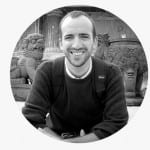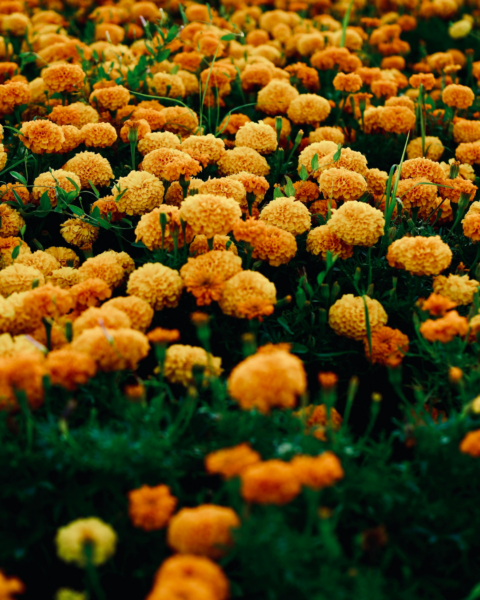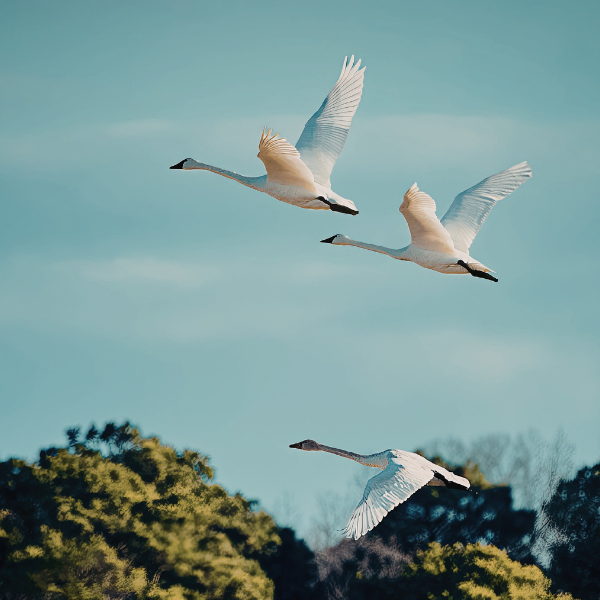I am delighted to share another beautiful submission for the Monk in the World guest post series from the community. Read on for Lance Baker’s reflections about cultivation as a metaphor for our spiritual life and practice:
A Life of Cultivation
A certain form of existential paralysis has shadowed my inner life in the past. I’ve had so many questions, dreams, longings, and have been exposed to a range of paradigm-shifting experiences in a relatively short period of time. As a result, I spent a number of years paralyzed by indecision and lacked discernment on how to operate the world with meaning, purpose, and authenticity. I felt like I could become anyone, go anywhere, engage in any of the numerous societal ills, learn any skill, etc. What I wasn’t spending much time reflecting on, however, was how God had already uniquely created me to be in the world. Of course I can always learn and grow, but in the past couple years I’ve been learning to ask questions like: Who am I already? How can I operate in a way that allows my own individuality to become a gift to myself and others rather than always thinking about who I want to become?
In Dennis, Shelia, and Matthew Linn’s book, “Healing the Purpose of Your Life” they talk about the importance of finding one’s “sealed orders.” Sealed orders are the special word(s) or phrase that perfectly sums up your distinct, God-infused, way of giving and receiving love—your unique way of being in the world. At this moment, the best way I’ve found to describe my life, my sealed orders, and what it means for me to be a monk in the world is to be a cultivator. Lance—the cultivator.
My wife and I lived on an organic farm for a few months after returning to the U.S. after two-years living in Vietnam. Something that became very apparent to me while working on the farm is that growing vegetables is entirely a work of cultivation. The term “grower” is somewhat amiss because the grower can only prepare the soil, plant the seeds, prune, thin, and tend to weeds. It is the somewhat mysterious work of the genetic material within the seeds, the sun, water, and creative work of God that do the actual growing. Being a monk in the world is all about maintaining this mode of cultivation for me.
I know that I cannot become more Christlike by my own efforts. I can only cultivate the soil, plant seeds, and tend to the weeds. This preparatory work and cultivation allows God to do the actual work and mysterious transformation in my heart.
A few years ago, I would have shied away from the prospect of leading small groups, writing a blog, or stepping forward as a spiritual director because I thought that I was responsible for the growth in myself and in others. I wouldn’t take that step forward because I never felt like I knew enough or that my skills weren’t polished enough. Now I am able to engage in those areas of ministry and helping relationships because I’ve come to see myself as a cultivator. The best that I can do is to cultivate growth in myself and in others by adding compost, pulling weeds, pruning, fertilizing, plowing, turning the soil, and sowing. What growth takes place after that is up to others and their own distinct relationship with God.
Crop rotation is an essential aspect to organic farming as well. If a particular crop gets planted in the same spot year after year it will eventually deplete the soil of the necessary nutrients and the crop quality may go down overtime. In my spiritual life, if I merely try the same approach over and over again, I tend to get bored, lack new growth, bear less fruit, and become more susceptible environmental threats (bugs and diseases are attracted to the weakest plants first). The variety of spiritual disciplines and and contemplative practices that have been part of the Christian tradition for centuries help me with my own “crop rotation” thus enabling me to remain fresh, attentive, and open to God’s grace in healthful ways.
Spiritual direction has been the biggest form of cultivation in my own life in the past two years. In addition to the value of that relationship is the natural introspection and examination that it invites. The week before my appointment with my director I will start more intensely thinking about what has been going on, what I want to talk about, what my primary questions or concerns are, and what my relationship with God has been like the past month. I need these structures of invitation to keep me accountable and to remind me of my intentions. In his book Orthodoxy, G.K. Chesterton writes, “If you leave a thing alone you leave it to a torrent of change. If you leave a white fence post alone it will soon be a black post. If you particularly want it to be white you must be always painting it again; that is, you must be always having a revolution.”
For me, constantly trying something new is key to avoiding falling into a state of decay—and it doesn’t always have to be a “spiritual” practice to cultivate that new. I’ve been learning to play clawhammer banjo for the last three years and I love how it has exposed me to the world of old-time folk music. I recently read Wendy Farley’s book, “The Wounding and Healing of Desire: Weaving Heaven and Earth” in which she draws heavily on the wisdom and truth of old folk songs and the way they so poignantly communicate the heart of human suffering and desire. Connecting the dots between my banjo playing, folk songs, desire, and suffering has been enlightening! I’ve also taken up scroll sawing as a hobby. Scroll sawing is a process of making very small and detailed cuts in thin pieces of wood to create intricate designs and patterns. There is something meditative about making these very slow and methodical cuts. It is an exercise in being present in the moment! It is also an interesting metaphor for the spiritual life. We might feel like plain old boards sometimes but there are a host of methodical, thoughtful, and attentive spiritual practices that (just like those scroll saw cuts) can turn plain old boards into unique, beautiful, authentic, and life-giving pieces of work that can become gifts to the world.
 Lance Baker holds a Bachelors in Philosophy and Religion and recently completed his Masters in Spiritual Formation and Leadership through Spring Arbor University. He hopes to simply be another companion to those who are trying to ask deeper questions and see with increasing clarity. You can find more of his writings on his blog Quiet Pilgrim.
Lance Baker holds a Bachelors in Philosophy and Religion and recently completed his Masters in Spiritual Formation and Leadership through Spring Arbor University. He hopes to simply be another companion to those who are trying to ask deeper questions and see with increasing clarity. You can find more of his writings on his blog Quiet Pilgrim.




3 Responses
Thank you Lance for your analogy of gardening. You have deepened my own reflections in the processes of planting, weeding, waiting, and rebirth. You have graced my day.
Thank you for the kind and encouraging words Carol. I am glad that this connected with you in a meaningful way.